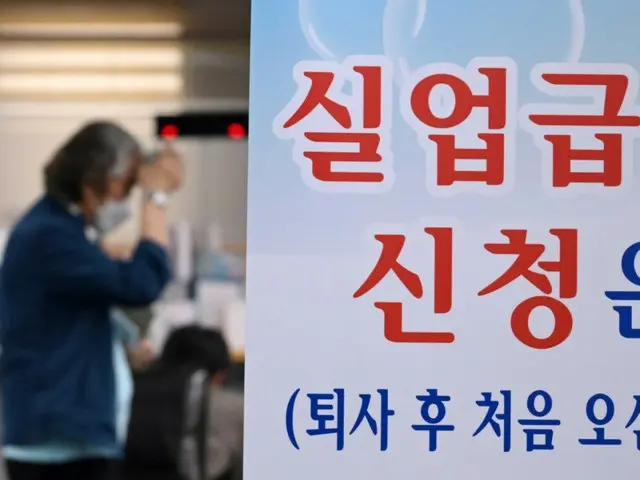On the 21st, the civil society group ``Workplace Power Harassment 119'' released the results of a questionnaire survey of 1,000 office workers conducted last December.
It was announced on . According to the report, 123 people lost their jobs since January last year, of which 91 (74.0%) quit their jobs due to involuntary reasons such as expiration of their contract, recommended resignation, or dismissal.
Of these involuntarily unemployed people, only 41 (45.1%) had ever received unemployment benefits, and the remaining 50 (54.9%) had not received any. In particular, non-regular employees are 63.
3% were unable to receive unemployment benefits. This rate was higher than that of regular employees (38.7%). The organization argues that employers force workers to write resignation letters while effectively firing them, or treat them as voluntary resignations.
He pointed out that there are many cases where this is done. There have also been cases where employers offered workers unemployment benefits and forced them not to write down reasons for leaving, such as ``workplace bullying.''
51.4% of all respondents to the survey evaluated that South Korea's social security system is not able to deal with situations such as unemployment. 8.6% of the respondents answered, "It's not enough at all."
42.8% of the respondents answered, "It's not enough." Only 5.6% of people answered that it was "enough." In addition, the government is promoting a reform bill to lower the minimum amount of unemployment benefits.
64% of respondents said they were against the idea. An official from the organization said, ``Reducing the minimum amount of unemployment benefits will benefit workers such as non-regular employees and small businesses with fewer than five employees.
"This will make life even more difficult for vulnerable people in the workplace."
2024/01/22 05:49 KST
Copyrights(C) Herald wowkorea.jp 104

